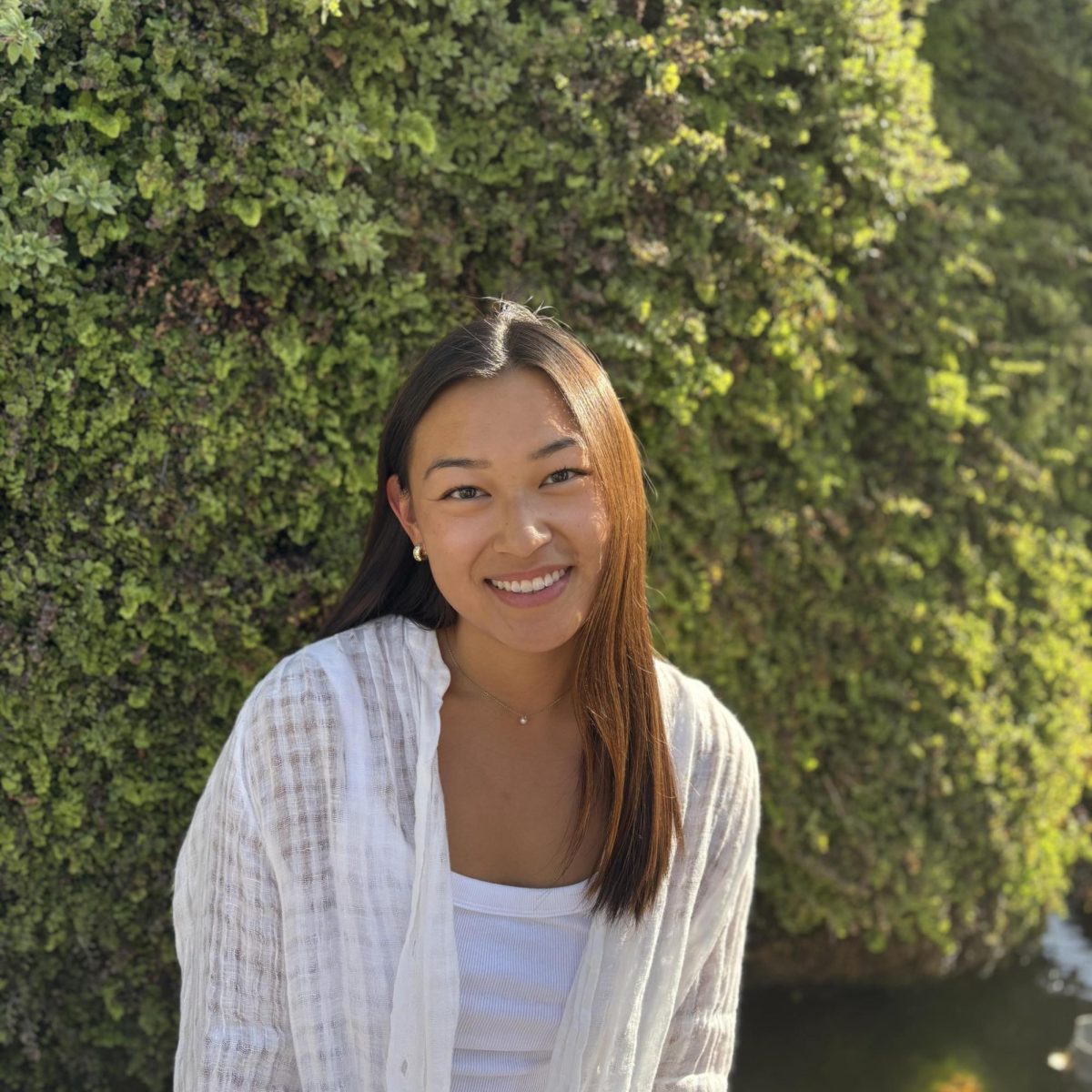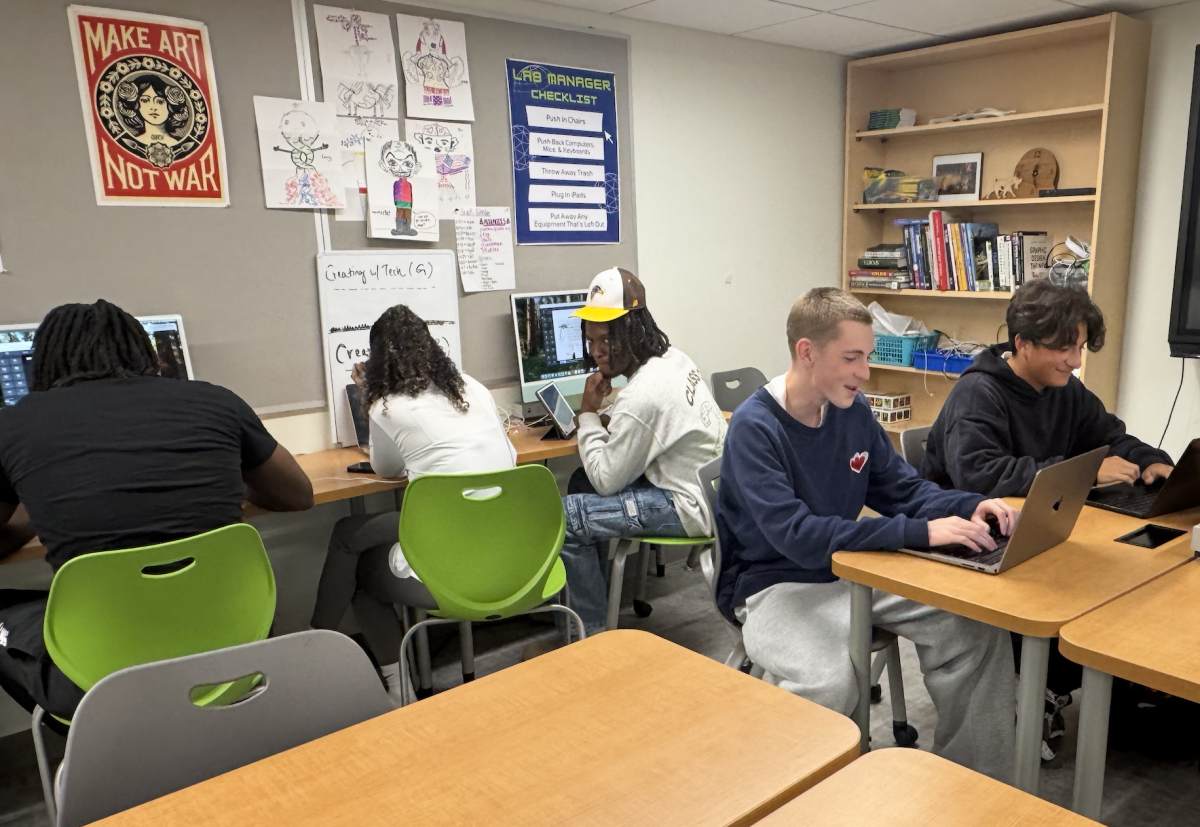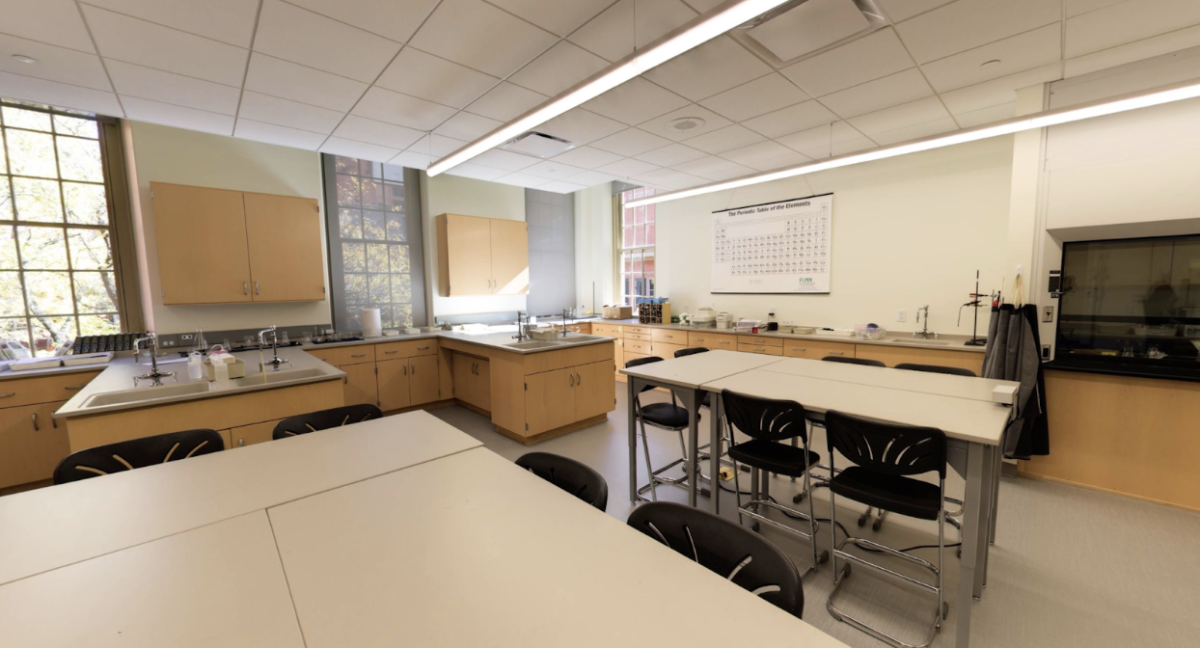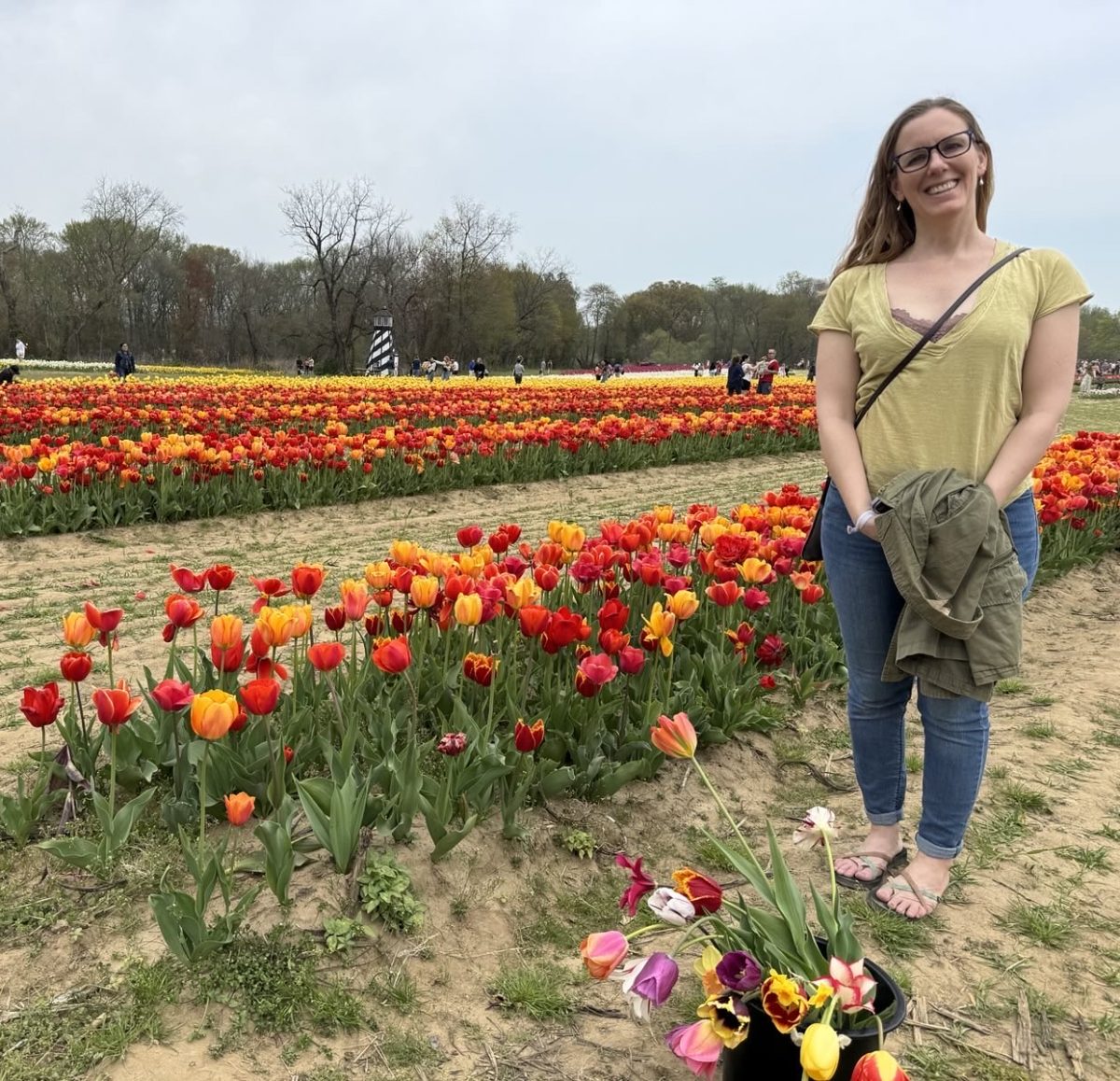Since middle school, my parents and teachers have routinely asked me if I feel adequately challenged and engaged in my science classes, and my answer is usually some indirect version of “sort of.” Previously, at other schools, my lack of satisfaction was typically due to the ease of those classes. However, now at Friends Select, that answer stems from a dissatisfaction with the number of college-level science offerings at FSS. While my stance in this argument begins from a place of selfishness, I think that a large portion of the student body stands to benefit from an expanded, more demanding science curriculum.
Friends Select has invested a lot of money and time into building its profile as a “private STEAM school”; it turned 1520 Race into a state-of-the-art STEAM building, hired new teachers, and upgraded some of its curriculum. While the school’s plans certainly aren’t over, it has fallen short in offering an expanded science curriculum that advances its mission, engages all students, and sets up students for success in post-secondary education.
Several schools in the Philadelphia/Greater Philadelphia area that advertise themselves as college prep schools, like Friends Central, Abington Friends, and Germantown Friends, as well as larger public schools like Lower Merion and Central High, offer courses like organic chemistry, applied chemistry, calculus-based engineering, and scientific research. The current disparity in course offerings between FSS and other Philadelphia schools undermines the school’s self-designation as a STEAM school. While the three advanced science electives are challenging, I think Friends Select should offer more of these electives to meet the ambitions of high-achieving students. Offering more advanced courses not only satisfies the aspirations of its students who are dedicated to science but also boosts the academic reputation of FSS among similar college preparatory programs in the city. Monica Higgins, Chair of the Science Department and US Chemistry Teacher agrees that the Upper School science curriculum could be remodeled. Monica explains, “As an institution – and as a department – we are in the middle of this transformation. We have taken steps to incorporate more opportunities to engage with STEAM in the upper school curriculum and programming, and it seems reasonable to expect that changes will continue to be made in the future.”
It’s the unrelenting opinion of scientific research that access to rigorous curricula improves academic outcomes for college students, and adding the proposed advanced science courses (similar to the schools mentioned above) would undoubtedly contribute to an environment that prepares students for their academic futures. According to research published by the American Educational Research Journal, Education Sciences, the CollegeBoard, and others, access to advanced curricula in high school increases the likelihood of enrolling in college, retention rates, college GPA, and credits earned. “[Access to an advanced science education] helps students find their interests and develop their problem-solving skills by applying foundational knowledge to a broader scope,” Monica said.
In November 2021, alumnus Imon Rahaman ‘16 was interviewed for a biography in Success Stories in STEAM detailing that access to advanced science and math courses not typically offered at Friends helped him acclimate to the academic environment of MIT. “‘I asked my advisor, [Former Upper School Chemistry Teacher] Heather Paul, if we could learn Organic Chemistry and she challenged me to develop the course. I had just as much fun trying to set up the class as I did taking it.’ Imon and his peers also inspired the creation of Upper School Math Teacher Ralph Reinwald’s Linear Algebra class, a course not previously offered at Friends Select… Imon feels Friends Select prepared him for both his advanced studies at MIT and what lies ahead in medical school.” Looking at the correlation between curriculum rigor and indicators of academic success, an alum anecdote highlights the possible impact of the proposed changes to the science curriculum.
More high-level courses are essential for challenging and engaging students who are particularly capable in the sciences. I want to make it clear that my proposal is not necessarily a critique of the existing advanced science courses at Friends; as someone who has or is in the process of taking all of them, I can testify that they are engaging and challenging, and I would encourage interested students to take them. Instead, what I don’t like about these classes is that there are only three: Advanced Chemistry, Advanced Physics, and Advanced Biology. This sentiment echoes throughout the senior class: “I’m not very interested in physics, and I am taking or have taken all the chemistry and biology courses available; if the school offered more advanced subjects related to those, I’d be eager to take them,” said Adelle Wampler ‘24.
Not only would a specialized curriculum around advanced science courses address the limitations in today’s course offerings, but it may also preempt the negative consequences of limited curricular variety in schools. While most research related to withdrawal in schools stemming from constricted curriculum typically studies interdepartmental offerings rather than intradepartmental ones, and I am not personally affected by it, I still think it offers valuable insights. According to research published in the International Journal of Environmental Research and Public Health and Journal of Positive School Psychology, boredom in schools is a pervasive issue that often presents in response to perceived task difficulty and interest in the subject matter, and it is strongly associated with poorer academic performance and general wellbeing. Even though the situation facing the science department and the school is not as dire as the presented research, I think the school ought to consider the worst-case consequences if it finds itself on the fence on this or a similar proposal.
On the other hand, some are content with the status quo and believe that an extended science curriculum would be met with scant student interest and disgruntled teachers destined to be overworked. One might argue that the current advanced science curriculum is satisfactory and that the turnout for additional advanced electives would be similar to that of the Linear Algebra and Multivariable Calculus classes, which have three and four students, respectively, according to Daniel Albarouki ‘24, a member of both classes. On the topic of student interest, the fact that Linear Algebra and Multivariable Calculus are allowed to run with only a few students (which they should be) only gives credit to the idea of the scientific parallels being allowed to do the same. Additionally, Monica has testified that while such classes may not be very populous, that shouldn’t be a reason not to offer them.
Finally, some may argue that the addition of more advanced electives would overwork teachers who already have to juggle their responsibilities as teachers, advisors, and department heads. While this may be conditionally true, Friends Select has options to support its teachers: Either it can hire more teachers to teach the existing or new courses, or it can give teachers the freedom to teach the electives they want to teach, which, according to Monica Higgins, may be enough motivation for some to teach beyond their contract requirements.
I am very thankful for Friends Select’s past, present, and future dedication to STEAM, which runs several years long and at least several hundred thousand dollars deep into facility and faculty investments, but if that dedication isn’t extended to a curriculum that reflects the depth of the scientific inquiry of its students, FSS finds itself in a position where those investments won’t be as fruitful as they could be. This proposal is not just a personal plea, which, as a senior, won’t even affect me but is instead a broader plan where the entire future student body can reap the benefits. If Friends Select genuinely wants to establish its reputation as one of the best STEAM schools in Philadelphia, I urge the administration to implement a curriculum to match.
The content in this article is representative of the opinions of the individual student journalist and does not represent the views of Friends Select School, The Falcon team, the administration, or faculty.































